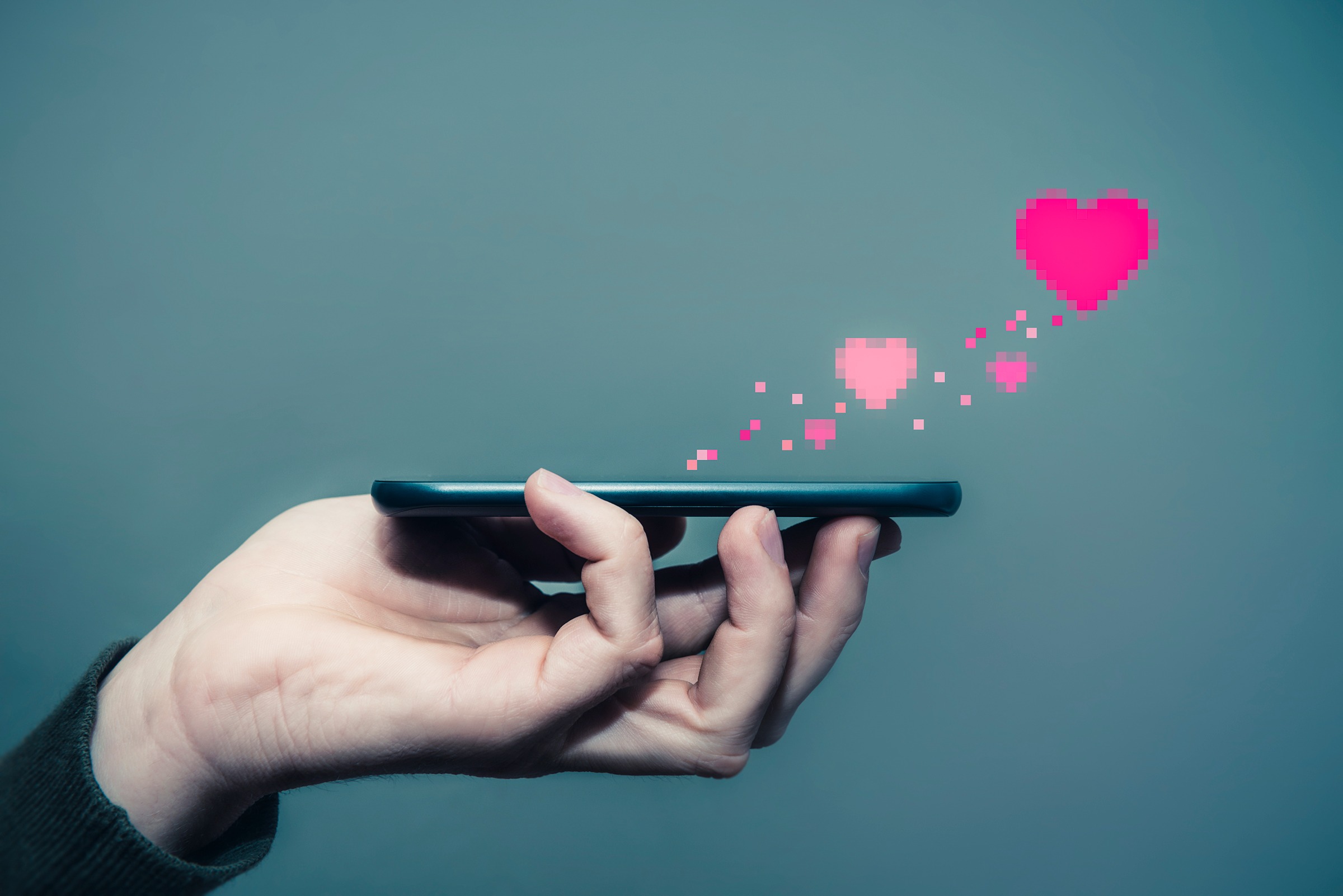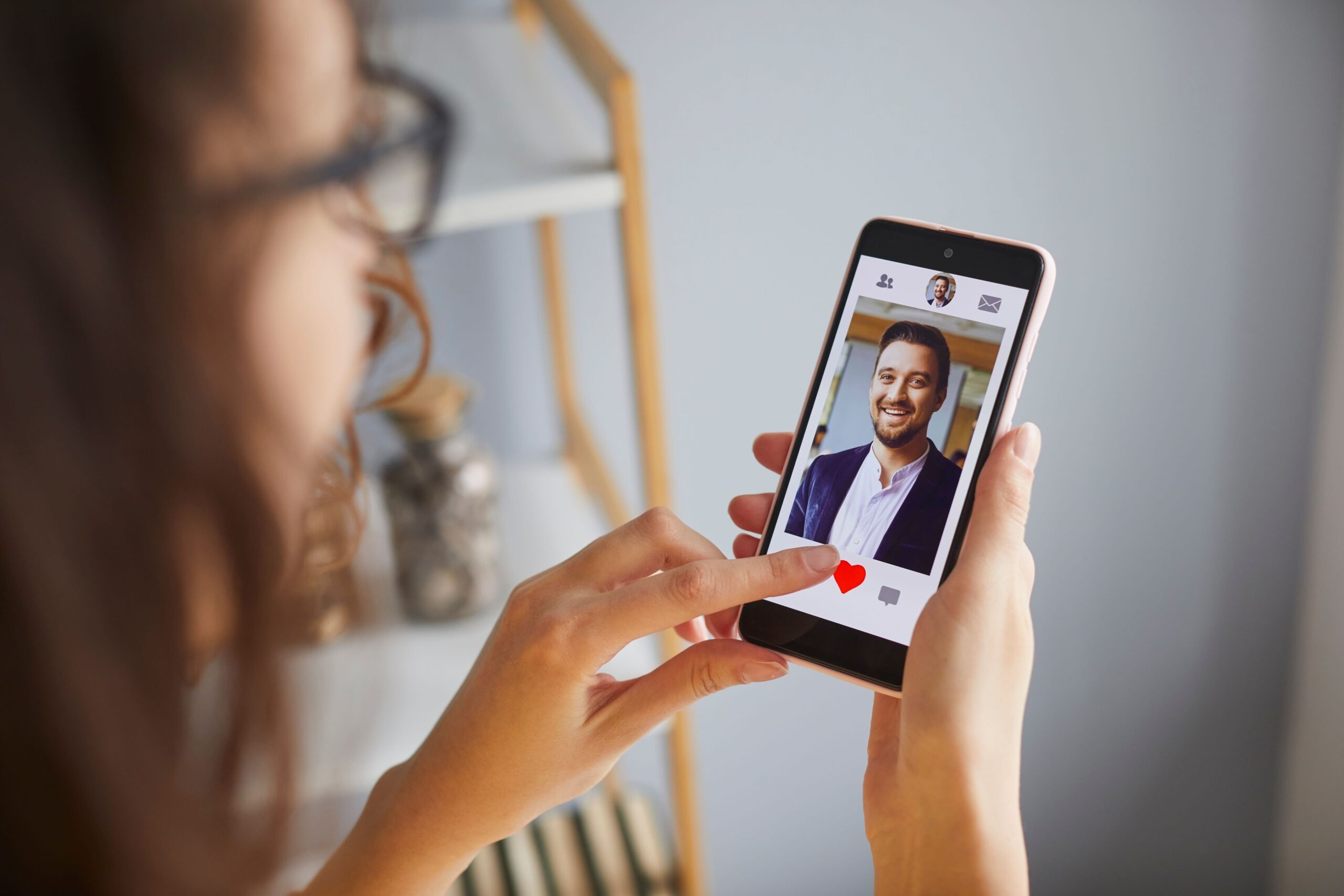When the pandemic disrupted daily life across the globe, personal routines were not the only things affected. Human relationships, especially those involving dating and romantic connection, experienced a strong wave of change.
From cancelled first dates to long periods of isolation, the health crisis forced people to rethink how they connect with others. For many, it became clear that emotional closeness does not depend only on physical presence. Instead, meaningful connections began to take new shapes under unusual conditions.

Before the outbreak, dating culture moved fast. Many people depended heavily on apps, clubs, social events, or workplace interactions to meet new people. But when public gatherings stopped and cities went quiet, a new form of connection started to take root. Phone conversations became deeper. Video calls grew longer. Words replaced gestures, and attention turned to emotional understanding rather than surface-level attraction.
Those who were single at the time had to sit with their thoughts, their expectations, and sometimes their regrets. The stillness of lockdown brought emotional honesty. People were now more likely to ask, “What do I really want in a partner?” rather than chasing temporary excitement or casual connections. Dating became less about impressing others and more about creating something real.
Emotional Depth Became More Valuable Than Physical Presence
With curfews in place and travel restrictions in many places, people no longer had the luxury of meeting up casually. This created a change in how emotional bonds were built. Physical meetings had to wait, so many were forced to rely on meaningful conversations to keep the interest alive.
The absence of physical touch meant that the heart and mind had to do most of the work. Individuals who previously ignored emotional compatibility now found themselves paying attention to tone of voice, listening skills, shared values, and maturity. Relationships that started during that time grew slowly but deeply because they had no choice but to focus on communication.
For the first time in a long while, many were connecting not because of looks or physical charm but because of the way the other person made them feel emotionally safe. In a time when the world was full of fear, the smallest signs of emotional support felt powerful. It was not about dressing up for a night out, but rather, finding someone who could hold space for your worries, even through a screen.
Virtual Dating Became Normal and Acceptable
Before the pandemic, many people saw online dating as a casual or even unserious way to find love. But when face-to-face interaction became risky, virtual dating stepped forward as a practical alternative. Video calls replaced restaurant dinners. Shared playlists took the place of movie nights. People found creative ways to bond without physical contact.
Dating apps also adjusted quickly. Many introduced video chat features to help people feel more connected. This allowed potential couples to hear each other’s voice, read facial expressions, and get a better feel of someone’s energy before deciding to meet. The process became more relaxed and respectful of time.
Some even held virtual dates where they dressed up, ate meals on camera, or played online games together. These experiences helped build emotional trust before any physical meeting. It was a period when people realised that intimacy does not have to come from touch alone. A kind word, a thoughtful gesture, or regular communication could carry just as much meaning.
Many Began To Prioritise Compatibility Over Perfection
The pandemic brought uncertainty that made people re-examine what really matters in a relationship. Perfection lost its shine. People started looking for qualities like kindness, patience, and emotional intelligence instead of surface beauty or status. Those who once chased unrealistic expectations began to value sincerity over charm.
The crisis made life feel fragile, and because of that, many wanted to invest in something steady. Having someone who could communicate clearly, show empathy, and offer emotional support became more attractive than someone who only looked good in pictures or sounded sweet in chats. Even people who had ignored emotional health in the past started to take it more seriously.
Conversations also became more honest. There was no time for guessing games. If someone was not ready to be serious, they said it. If they were still healing from something, they admitted it. This level of openness helped reduce misunderstanding and gave room for deeper emotional connection.
Long-Distance Relationships Started To Feel More Normal
Before the health crisis, many avoided long-distance romance because of the emotional toll it brings. But with travel restrictions and isolation rules in place, even people in the same city felt far from each other. This unexpected distance made long-distance relationships feel less strange and more common.
Couples who used to see each other every weekend now had to rely on video calls and messages. The shared experience of being separated helped people relate better to the emotional reality of distance. And those who had avoided long-distance in the past became more open-minded once they saw that connection could still grow without constant physical presence.
Some couples even reported that being apart brought them closer emotionally. They spent more time listening, asking thoughtful questions, and showing appreciation in new ways. Distance no longer meant disconnection. Instead, it created a hunger for quality time and made people more intentional with how they expressed love.
Personal Growth Became Part of Dating Conversations
As people spent more time indoors and away from the usual rush of daily life, many started to focus on their own growth. They picked up new hobbies, worked on emotional healing, or invested in self-improvement. This new self-awareness made its way into dating as well.
People now asked different kinds of questions. Instead of asking about favourite drinks or ideal holidays, they asked about dreams, values, past lessons, and future plans. Emotional maturity became part of attraction. It was not just about laughter or chemistry anymore, but also about shared vision and personal growth.
Couples who started dating during this time often supported each other’s self-development. They encouraged one another to read more, start fitness routines, or begin new projects. Romance became more about partnership and less about performance. This change helped build relationships that had a solid foundation.

Many Learnt How To Handle Disappointment With Grace
The pandemic came with its own emotional tests. Cancelled dates, delayed plans, and constant uncertainty affected how people behaved in relationships. Some felt abandoned. Others felt forgotten. The entire dating experience became more emotional, but it also created space for learning how to manage disappointment.
People were forced to learn patience. They had to understand that someone being unavailable did not always mean they were losing interest. Sometimes, the other person was simply dealing with personal challenges. Communication had to become clearer. Expectations had to be discussed more openly.
Even breakups during this period were handled differently. People began to value honesty over ghosting. They learnt to end things gently, with care, and without playing games.
Emotional pain was still there, but it was treated with more respect. The pandemic reminded people that everyone was going through something, so kindness became more common in how people handled emotional rejection.
Intentional Dating Became More Common
During the pandemic, casual dating reduced sharply. Health concerns and limited movement made it harder to meet new people just for fun. As a result, those who kept dating were usually more serious. People became more selective about who they gave time to. They no longer went on dates just to pass time. They wanted real connections.
Intentional dating means asking yourself why you are dating someone and what you are hoping to build with them. Many began dating with the purpose of building a future instead of seeking momentary attention. This focus helped people avoid wasting time and reduced emotional confusion.
Even those who were not looking for marriage right away started being more open about their emotional needs. They no longer pretended to be okay with things they actually disliked. This clear communication made dating feel less confusing and more direct.
Dating, like every other part of life, had to adjust to the new normal. But what people discovered through those changes is that love can adapt, grow, and even flourish when conditions are right.
The pandemic tested emotional strength and forced people to slow down, reflect, and connect in ways they may never have considered before. Romance may have changed shape, but its purpose remained the same — to build meaningful bonds that offer support, understanding, and joy.









Leave a Reply